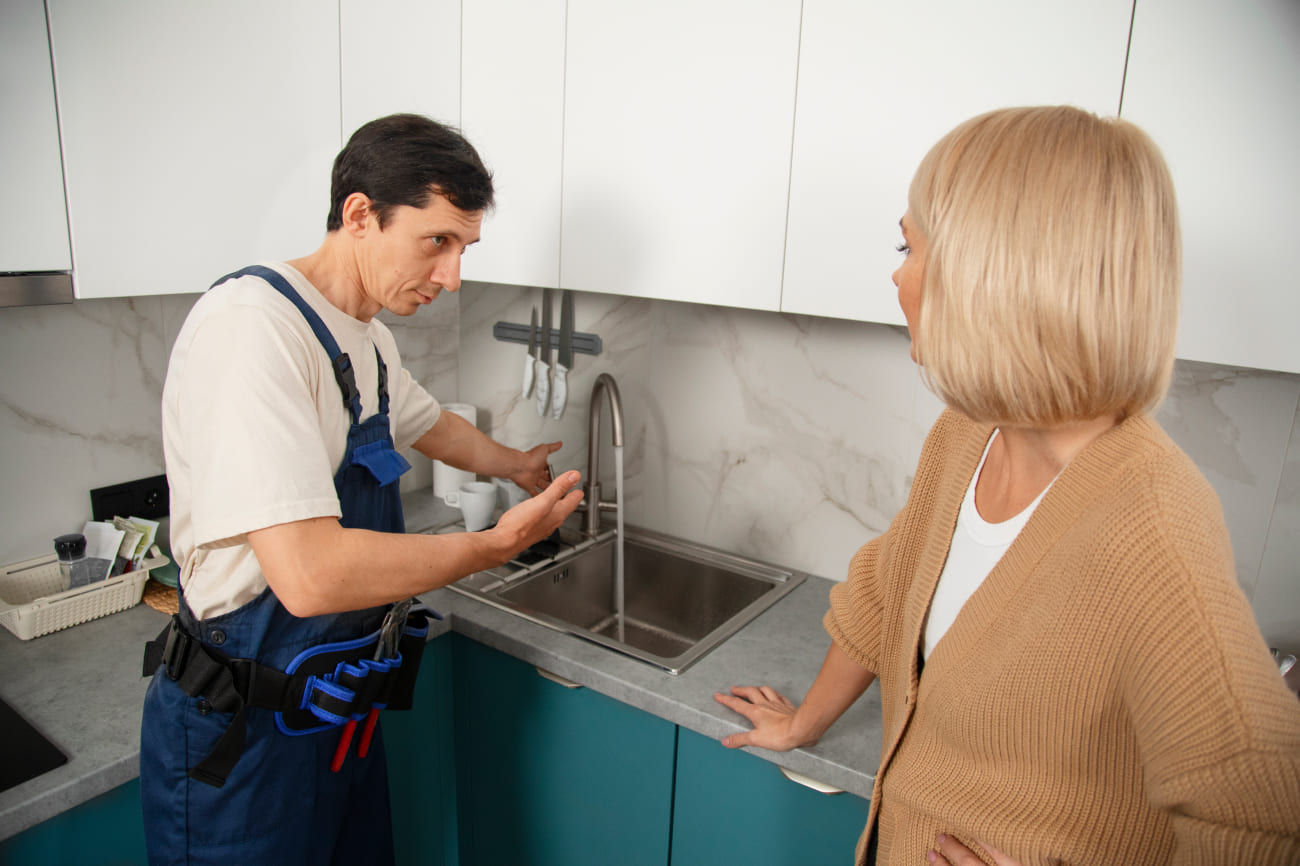
Understanding the Path to a Successful Plumbing Job
Are you considering starting a career in plumbing or simply keen to take on simple household plumbing fixes? No matter the reason, plumbing is an essential skill to learn. Plumbing is a crucial task that ensures our water systems function efficiently. Here, we explain what plumbing involves, its significance, and the steps to make this essential life skill a successful career choice.
-
What Does a Plumbing Job Involve?
Plumbing involves installing, repairing, and maintaining water, sewage, and drainage systems. This profession demands technical expertise, physical strength, and adherence to safety standards. From solving pipe leaks to assembling intricate water systems, plumbers are indispensable in keeping our homes and businesses running smoothly.
-
Why is Plumbing a Critical Profession?
Plumbers are the unsung heroes who ensure clean water supply, efficient waste disposal, and proper sanitation. Their work directly impacts public health and the functionality of homes and workplaces. Without them, many would face leaks, flooding, and widespread sanitation issues that could disrupt daily lives.
-
Essential Skills of a Plumber
Plumbers must have a knack for solving problems, an eye for detail, and excellent hand-eye coordination. Communication skills are equally important in explaining solutions clearly to clients. Keeping up with industry advancements and modern tools is also key to staying competitive.
-
The Different Types of Plumbing Jobs
Plumbing careers span three main categories:
-
Residential Plumbing: Focuses on home installations and repairs.
-
Commercial Plumbing: Deals with larger-scale systems in offices, schools, and factories.
-
Service and Repair: Specializes in diagnosing and fixing existing issues.
Each path offers unique challenges and opportunities, catering to different interests and skills.
-
-
How to Become a Professional Plumber
To become a certified plumber, you must enroll in vocational training and complete an apprenticeship under an experienced mentor. This hands-on training helps you build expertise while understanding real-world scenarios. Afterward, passing a licensing exam ensures you’re qualified to work independently.
-
Plumbing Tools to Know
Plumbers rely on tools like pipe wrenches, plungers, and pipe cutters for basic tasks. Advanced equipment, such as inspection cameras and hydro-jetting machines, is used for more intricate jobs. Every plumber must be familiar with these tools and their specific applications.
-
Prioritizing Safety in Plumbing Work
Safety should always come first. Wearing protective gear like gloves and goggles prevents injuries, while awareness of risks such as chemical exposure and electrical hazards is critical. Comprehensive safety training can significantly reduce workplace accidents.
-
DIY Plumbing Tips for Homeowners
With proper guidance, homeowners can handle simple plumbing fixes like repairing a dripping faucet or unclogging a sink. However, complex issues—like replacing pipes or addressing sewage problems—are best left to professionals to avoid mistakes or regulatory violations.
-
The Future of Plumbing
The plumbing industry is transforming with innovations like smart water systems and eco-friendly solutions. Learning new technologies can help professionals and enthusiasts adapt to the growing demand for sustainable and efficient systems.
Plumbing is an essential profession that supports our everyday lives, from ensuring clean water to maintaining sanitation. Understanding its fundamentals is the first step, whether you’re eyeing a plumbing career or hoping to improve your DIY skills. Start exploring plumbing today and play a role in building a healthier, more functional community.
